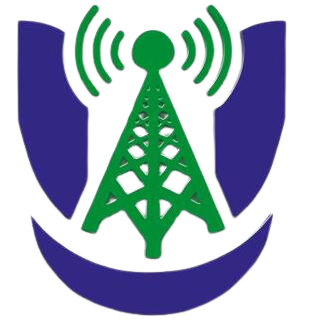Content
PIU ANNUAL REPORT
Background
The platform upon which these annual activity reports are erected encompasses the frantic efforts of the Government of Liberia to provide the required goods and services to a whole population threatened by ecumenical issues ranging from social protection to economic stability. These efforts are not unique to Liberia for they resonate across the whole global nation bridled by recurrent, existing, and emerging needs. While Western nations claim advancement in their social, and economic aspirations, developing countries including Liberia, are in the business of employing those advancements to serve their “served” and “underserved” populations.
Over the decades, the quest for uninterrupted access to communication means emerged as the ecumenical dire need of governments to provide services to their underserved populations. This desire has in turn engendered the replacement of archaic and otiose methods of communications to a new dawn and innovation of internet communications technology (ITC). Liberia, as a member of the global village, therefore, has taken actions to ensure it remains in sync with the global quest to provide uninterrupted access to ICT by promulgating regulations to establish conduits
such as the LTA with its auxiliaries including the UAF and the PIU. The creation, management, and deployment of the Universal Access Funds 2015 developed by the Liberia
Telecommunications Authority (LTA) under the National Universal Access Program Strategy 2011
(NUAPS), the National ICT and Telecommunications Policy, 2011 (ICT Policy), and sections 22 and 23 of the Telecommunications Act of 2007 of the Republic of Liberia. As a national strategy gleaned from best practice in other nations, the establishment of the Universal Access Fund comprises of the Universal Access Governing Board (Board). The Universal Access Implementing Committee (Committee) and the Universal Access Project Implementation Unit (PIU). While a key responsibility of the Governing Board is to pass edicts and resolutions for the continuity of the
PIU it approves the budget. The PIU as an independent unit within the LTA is directed by the committee, for the management and implementation of the tasks required to implement the NUAPS. The role of the PIU is to undertake the day-to-day implementation tasks necessary to accomplish the UAF’s objectives and to ensure effective and flexible coordination and implementation of the UA projects under the management of the Implementation Committee. The PIU reports directly to the Implementation Committee and prepares reports, documents, and advisory inputs as directed by the implementation committee.
To ensure efficacy, the PIU is headed by a project coordinator assisted by seven (7) other support staff and two permanent consultants. As a best practice, the efficacy of the UAF/PIU is measured via the efficiency and quality of the programs and projects it implements, as its name implies; this is what makes it perfunctory for all of the units to work collaboratively. Based on its major responsibility to conduct the day-to-d project implementation activities of the UAF, the PIU is charged with the responsibility to submit regular reports on all activities over at various intervals. It is to those ends that this report chronicling the intendments, innovations, and achievements of the PIU over the period 2019 -2021 have been prepared.

